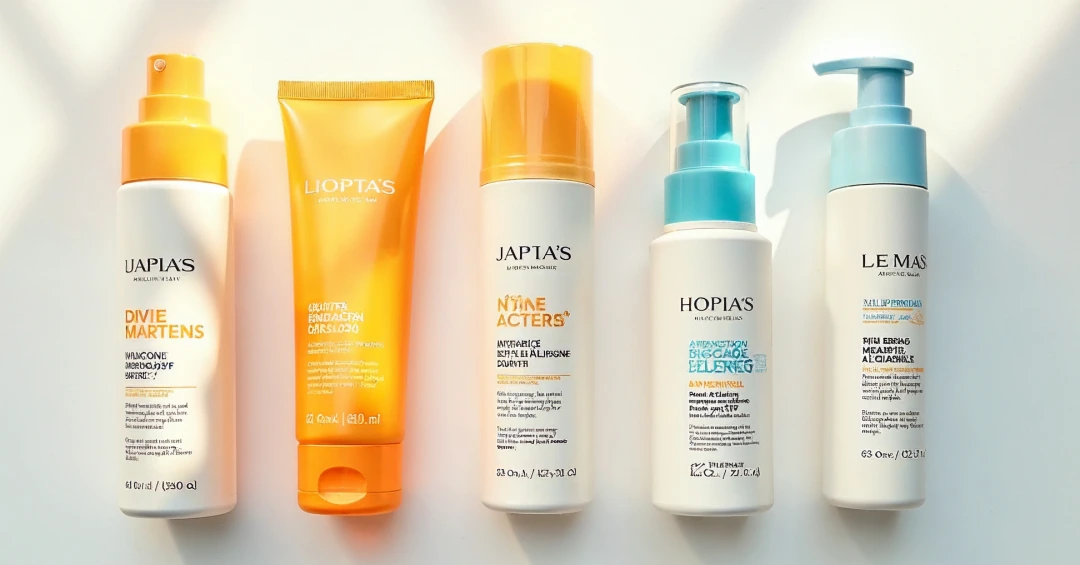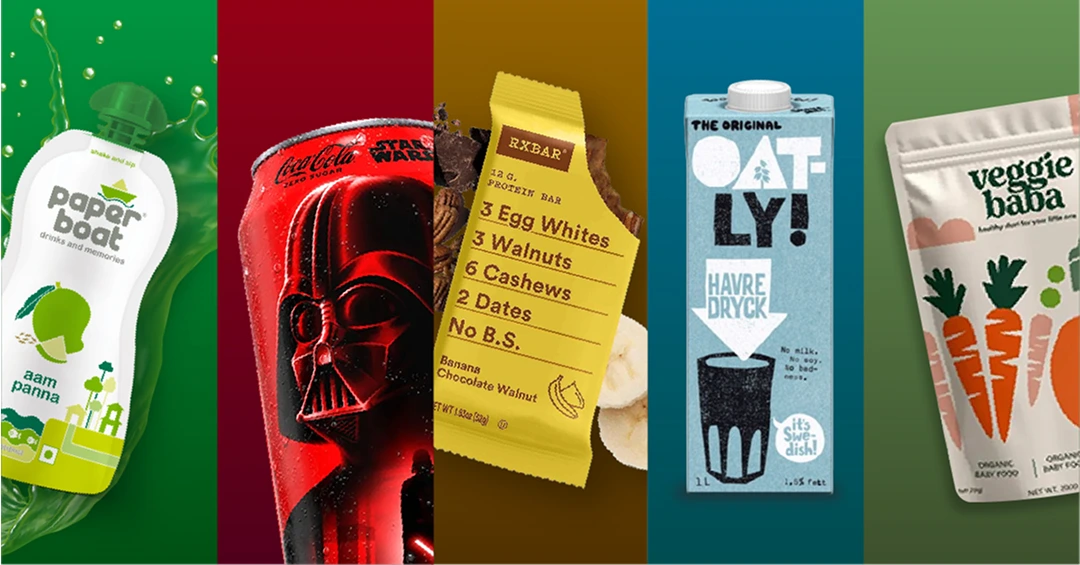Flip over any skincare product, and you’ll find the label with information on ingredients, warnings, claims, and certifications. Today, cosmetic labels are not just a legal requirement; they are key to protecting customers, staying compliant, and maintaining brand reputation in a crowded market.
Role of Labels in Skincare Products
Skincare labeling matters more than most people realize. Those ten seconds customers spend reading your label can determine everything from regulatory compliance to brand loyalty. But if you mess up the label, you'll face legal trouble before your first sale. Here’s why labels matter so much in skincare products:
- Consumer Trust: Consumer safety drives every labeling rule. Cosmetic products must be labeled truthfully because misleading information can result in reactions, burns, or costly lawsuits by the FDA.
- Legal and Regulatory Compliance: Legal troubles start with bad labels. Cosmetics bearing false label statements may be considered misbranded and subject to regulatory action. That means recalls, fines, and years attracting new customers.
- The Impact on Brand Reputation: Your brand reputation lives in the details. Professional labels suggest quality products, while sloppy labels make customers question your morals and integrity.
Breaking Down the Key Elements of a Skincare Label
Skincare labels must carry a ton of information; these include:
- Product Name and Description: Skincare product names should be clear. "Vitamin C Brightening Serum" beats "Magic Youth Potion" because customers immediately understand the ingredients and benefits.
- Ingredients List: People with allergies study ingredient lists religiously. They're hunting for specific triggers, such as sulfates or fragrances. Skincare brands must make their job easy with clear, complete information.
- Certifications: Certifications add credibility: organic seals, dermatologist-tested claims, and third-party safety approvals help customers trust your product quality.
- Usage Instructions: Usage instructions need to be specific. "Apply a thin layer to clean face twice daily" works better than "Use as needed." You must also include timing, amount, and warnings for photosensitive ingredients.
- Expiration Date and Batch Codes: Expiration dates and batch codes aren't optional. Those little symbols with numbers tell customers how long products stay good after opening. Batch codes help track problems if recalls happen.
- Warnings and Disclaimers: Warnings protect everyone. Brands are expected to follow FDA guidelines exactly. Alpha hydroxy acids need sun sensitivity alerts. Eye products require different cautions than face creams.
- Manufacturing and Distribution Information: Cosmetic labels must specify the name and address of the manufacturer, packer, and distributor. For greater accountability, customers need to know who made their products.
- Sustainability Details: Sustainability information matters more than ever. Recycling symbols, cruelty-free badges, and sourcing details significantly impact buying decisions, and are good to mention where relevant.
Navigating Challenges in Global Markets
International markets and regional regulations complicate everything. For instance,
- European rules ban over 1,300 cosmetic ingredients, while the US restricts maybe eleven. That difference creates massive headaches for global brands.
- Measurement units differ, too. Europeans want details in milliliters, while Americans expect fluid ounces. Simple conversion errors can trigger regulatory violations.
To develop region-specific strategies while keeping consistent branding, skincare companies must:
- Leverage digital asset management: Innovative companies use digital systems to manage complexity. Asset management platforms store master templates and automatically generate compliant versions for different markets.
- Automate version control for different regions: Version control prevents disasters. Everyone works from the latest, most relevant files. No outdated labels reaching production because someone used old templates.
- Streamline regulatory checks for regional compliance: Automated compliance checking catches violations early. Modern label management systems flag banned ingredients or missing warnings before printing starts.
- Centralize digital proofing for label approval workflows: Digital proofing lets multiple experts review simultaneously. Regulatory specialists check compliance while brand managers verify messaging and designers confirm visual elements. Every step gets proper attention. The right people review in the correct order, and nothing gets skipped or delayed.
- Enable real-time feedback: Collaboration tools keep teams synchronized. Regulatory updates reach designers immediately, and marketing sees compliance changes in real time. Nobody works with stale information.
- Ensure regular audits: Regular audits catch evolving regulations. What was legal last year might be prohibited now, especially with recent cosmetic regulation updates worldwide.
Conclusion
Labels do more than meet legal minimums. They communicate values, build trust, and differentiate products. However, with many elements making up a skincare label, companies operating in multiple markets often find label management overwhelming.
But it doesn’t have to be that way. Successful brands treat labeling as a strategic advantage, not a necessary burden. Clear, accurate labels build a robust foundation for sustainable growth, avoid legal troubles, and build consumer confidence.
To get labeling right from the start, you must invest in proper systems early to minimize challenges and reduce the stress of fixing violations later. Learn how ManageArtworks can help you streamline skincare labeling with its set of AI-enabled label management capabilities.
Remember: the skincare market rewards brands that combine great formulations with the correct information. Your label might be the last thing you design, but it's often the first thing customers take note of. Make it count.





.webp)
















